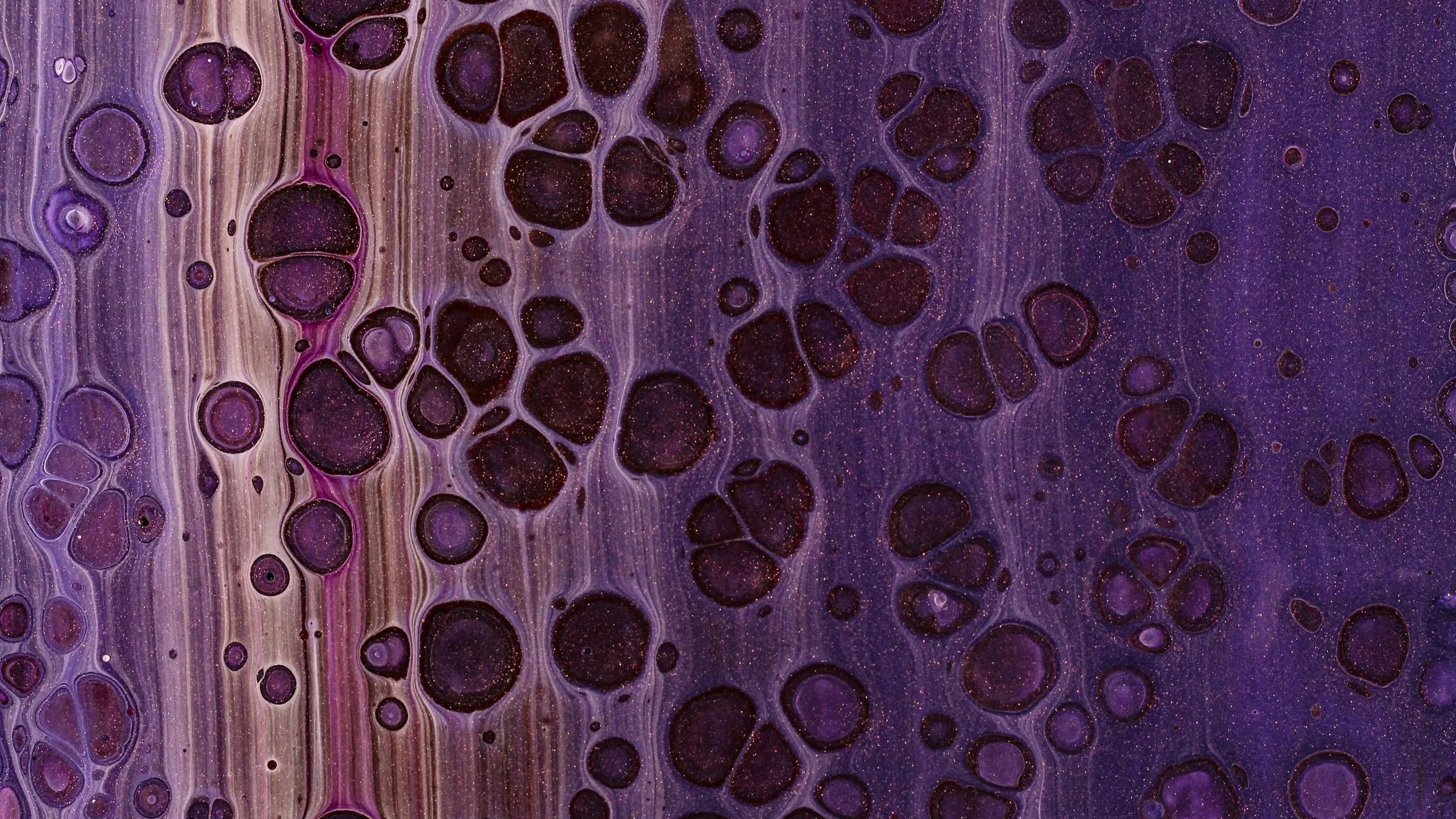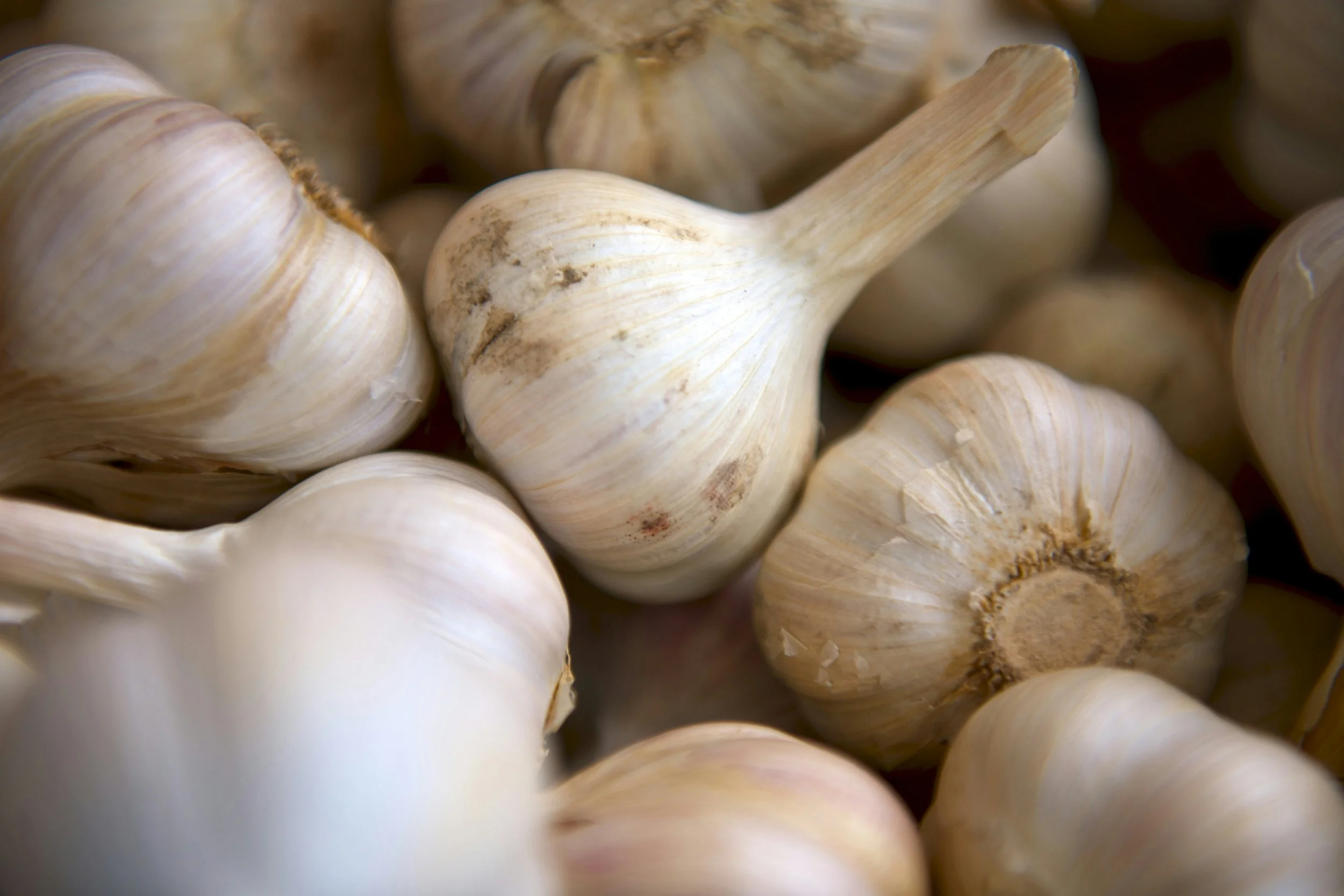
Featured
Overview
LupusCorner
Symptoms
LupusCorner
Diagnosis & Tests
LupusCorner
Living With Lupus
LupusCorner
Resources
LupusCorner

The LupusCorner Toolkit
Stay up-to-date on research. Use apps designed to support life with lupus. Get access to a community of people that understand the challenges you are going through.
Check out these other LupusCorner tools:

















































































































Digestive symptoms like abdominal pain, diarrhea, and bloating are common in lupus, but they aren’t always caused by lupus itself. Inflammatory bowel disease (IBD), including Crohn’s disease and ulcerative colitis, can occur alongside lupus and shares overlapping immune pathways. Understanding the difference between lupus-related gut symptoms, IBD, and IBS can help patients seek the right diagnosis and treatment.